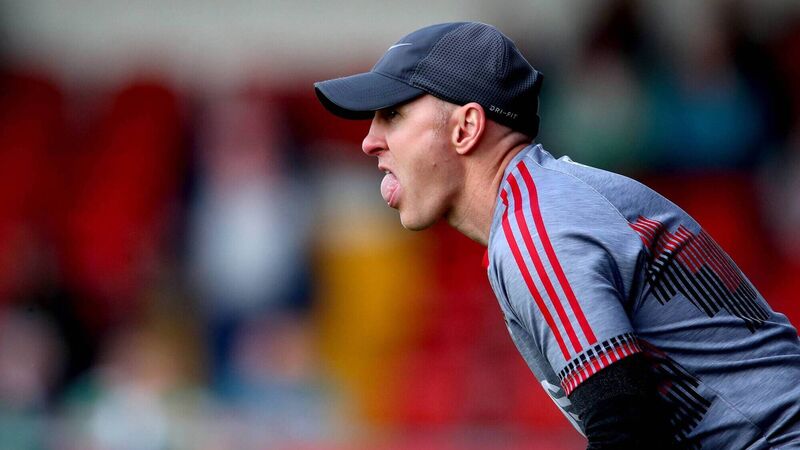Michael Moynihan: Managers and coaches not always the same thing

In Kerry, there was a lot of interest in Paddy Tally’s appointment to the management ticket. Picture: INPHO/Ryan Byrne
Try from €1.50 / week
SUBSCRIBE
In Kerry, there was a lot of interest in Paddy Tally’s appointment to the management ticket. Picture: INPHO/Ryan Byrne
White smoke in Cork. White smoke in Kerry.
Two senior football managers appointed in time to watch county championship games for the next couple of weeks. Hurrah!
Already a subscriber? Sign in
You have reached your article limit.
Annual €130 €80
Best value
Monthly €12€6 / month
Introductory offers for new customers. Annual billed once for first year. Renews at €130. Monthly initial discount (first 3 months) billed monthly, then €12 a month. Ts&Cs apply.
Newsletter
Latest news from the world of sport, along with the best in opinion from our outstanding team of sports writers. and reporters
Newsletter
Latest news from the world of sport, along with the best in opinion from our outstanding team of sports writers. and reporters
Thursday, February 12, 2026 - 7:00 AM
Wednesday, February 11, 2026 - 10:00 PM
Thursday, February 12, 2026 - 6:00 AM
© Examiner Echo Group Limited